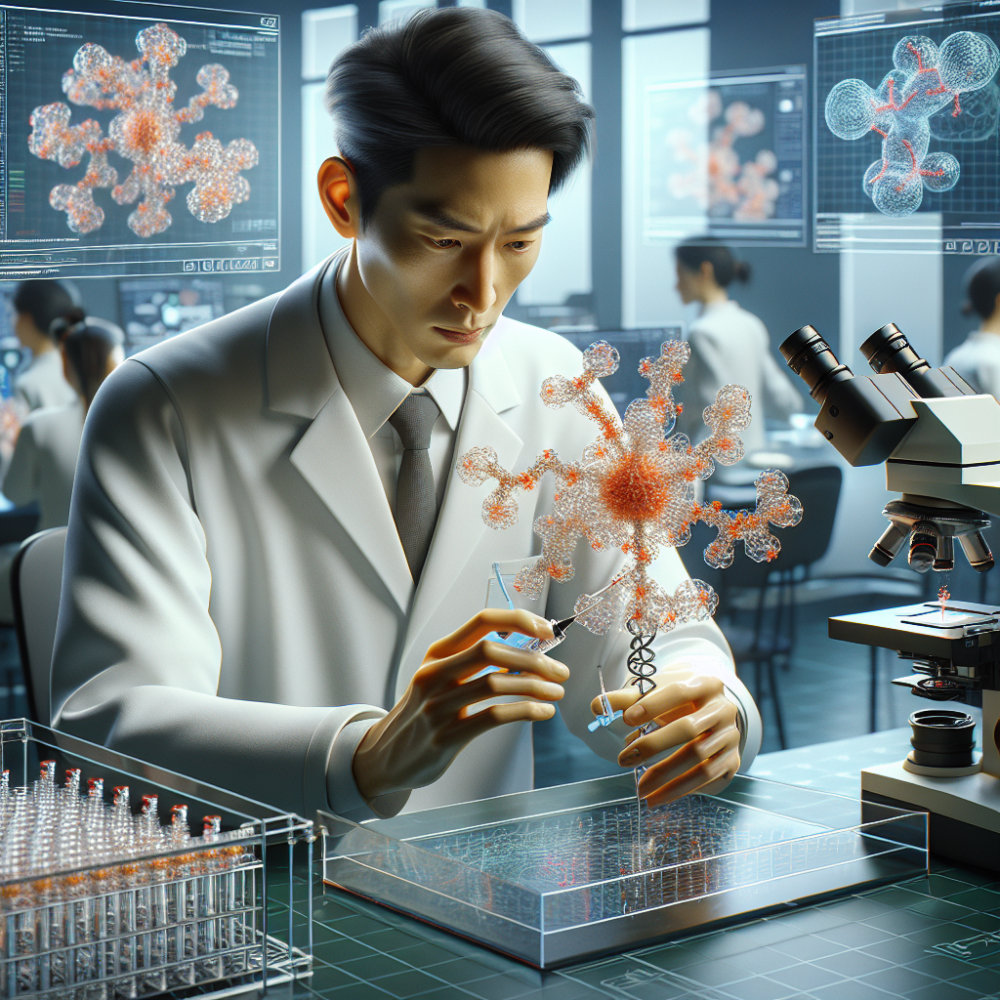Exploring the World of Antibodies

Posted on: Sunday, March 3rd, 2024
Antibodies play a critical role in the immune response, identifying and neutralizing foreign objects like bacteria and viruses. These Y-shaped proteins are produced by the body's immune system and are essential for identifying and alienating harmful pathogens. Recent advances in immunology have expanded our understanding of antibody functions, structures, and applications, especially in therapeutic interventions for various diseases. This guide offers an insight into the latest findings and the significance of antibodies in both health and disease.
Top 10 Insights into Antibodies
1. Diversity and Specificity: Each antibody is uniquely designed to target a specific antigen. The immense diversity of the antibody repertoire allows the immune system to recognize an equally vast array of pathogens.
2. Structure: Antibodies are made up of two heavy chains and two light chains, forming a Y-shaped molecule. The tips of the "Y" are known as the variable regions, which interact directly with antigens.
3. Classes of Antibodies: There are five main classes of antibodies (IgA, IgD, IgE, IgG, and IgM), each with distinct functions and roles in the immune response.
4. Production: Antibodies are produced by B cells. When B cells encounter their specific antigen, they differentiate into plasma cells, which act as antibody factories.
5. Memory Response: Some B cells become memory cells after an initial encounter with an antigen, leading to a quicker and more effective response upon subsequent exposures.
6. Monoclonal Antibodies: Scientists can create antibodies in the lab that are specific to certain antigens. These monoclonal antibodies can be used for diagnostic tests or treatments for a variety of diseases, including cancer.
7. Antibody Engineering: Through advancements in biotechnology, antibodies can now be modified for improved efficacy and stability in therapeutic applications, opening new avenues in drug development.
8. Passive Immunity: Passive immunity involves the transfer of antibodies from one individual to another, temporarily providing immunity without the recipient's immune system having to produce them.
9. Vaccinations: Vaccines work by stimulating the immune system to produce antibodies against a particular pathogen, without causing the disease itself.
10. Autoimmune Disorders: Sometimes, the immune system mistakenly targets the body's own cells, producing autoantibodies. This aberrant antibody production is the basis of many autoimmune diseases, such as rheumatoid arthritis and lupus.